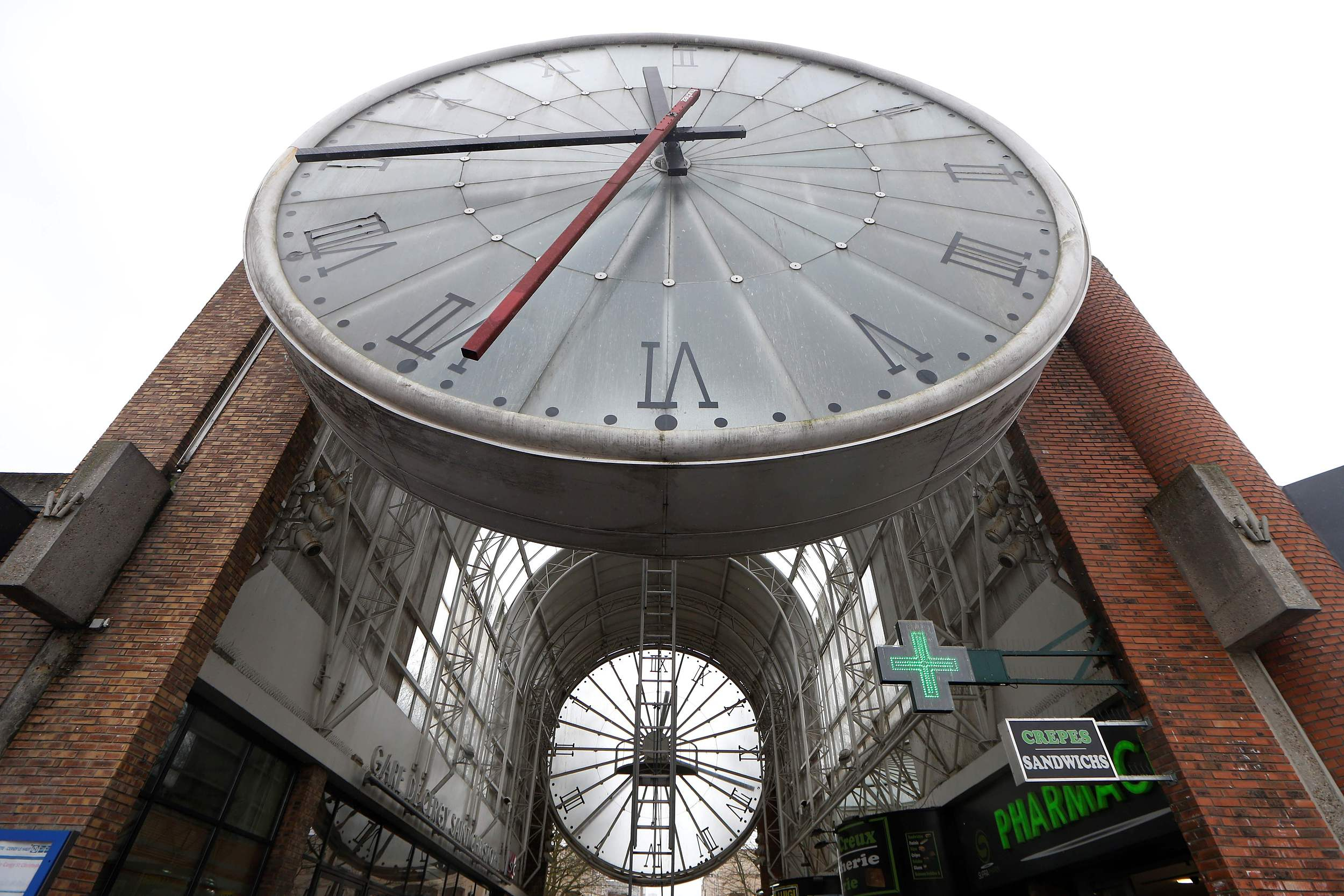CGTN
The European Commission is to recommend an end to clock changes for daylight savings time across the bloc.
The proposal comes after a survey found 84 percent of 4.6 million citizens across the European Union's 28 member states opposed changing the clocks ahead in the summer or back in the winter or just opposed switching either way.
The commission, the EU's executive arm, said on Friday it would be up to governments to agree on whether to permanently use summer time or winter time.
In response, the EU's chief executive, Jean-Claude Juncker, said Brussels would propose scrapping an EU law requiring member states to change their clocks.
He said on a German television that millions of citizens hope to change summertime to be all the time.

A technician works on the clock of the Lukaskirche Church in Dresden, eastern Germany, March 23, 2018. /VCG Photo
Since 1996, EU law has been moving clocks one hour forward on the last Sunday in March and back one hour on the final Sunday in October. The proposal would drop that requirement, a Commission spokesman said. He rebuffed suggestions that would lead to confusing variations in keeping time from one country to the next.
"It would be surprising if the outcome of the directive was one that doesn't make sense for European citizens and for business," spokesman Alexander Winterstein told a news briefing.
Spain backs the proposal to stick with just one time, government spokeswoman Isabel Celaa said on Friday. But it may have to use another time zone more in line with its western geographical position following the Commission's proposal, Foreign Minister Josep Borrell told reporters in Vienna.

A ladder is put in place for a worker to check the workings of a huge clock in Cergy, France, March 26, 2015. /VCG Photo
Critics of the clock change say it can cause long-term health problems, especially among young children and elderly people. Supporters say making the switch to give extra morning daylight in winter and evening light in summer can help reduce traffic accidents and save energy.
Any change would need approval from national governments and European Parliament to become law – a process that can take up to two years.
Source(s): Reuters

No comments:
Post a Comment